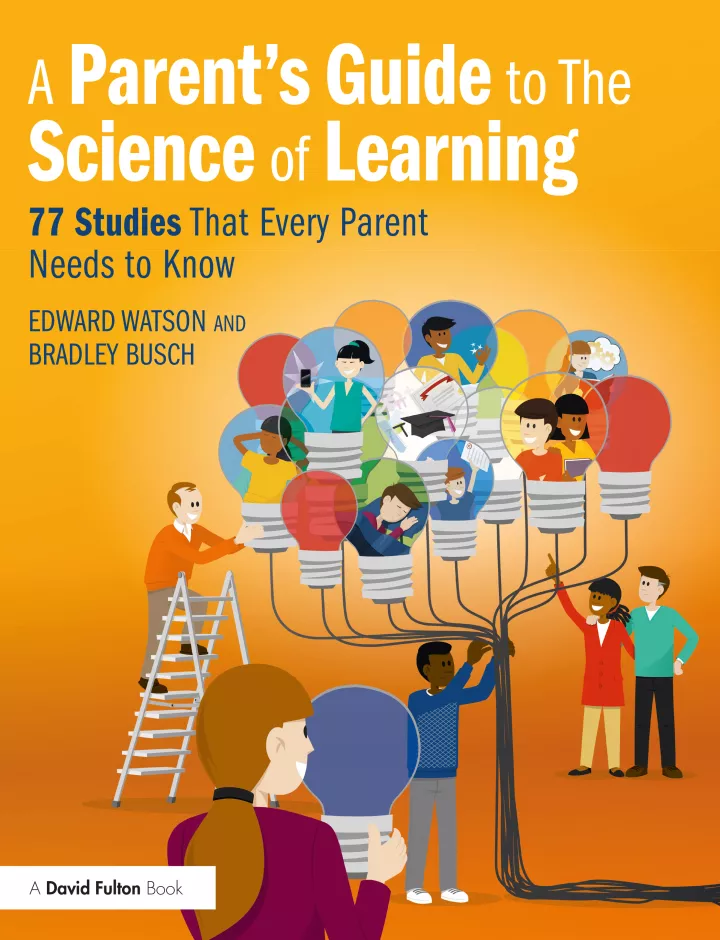Important update from TheSchoolRun
For the past 13 years, TheSchoolRun has been run by a small team of mums working from home, dedicated to providing quality educational resources to primary school parents. Unfortunately, rising supplier costs and falling revenue have made it impossible for us to continue operating, and we’ve had to make the difficult decision to close. The good news: We’ve arranged for another educational provider to take over many of our resources. These will be hosted on a new portal, where the content will be updated and expanded to support your child’s learning.
What this means for subscribers:
- Your subscription is still active, and for now, you can keep using the website as normal — just log in with your usual details to access all our articles and resources*.
- In a few months, all resources will move to the new portal. You’ll continue to have access there until your subscription ends. We’ll send you full details nearer the time.
- As a thank you for your support, we’ll also be sending you 16 primary school eBooks (worth £108.84) to download and keep.
A few changes to be aware of:
- The Learning Journey weekly email has ended, but your child’s plan will still be updated on your dashboard each Monday. Just log in to see the recommended worksheets.
- The 11+ weekly emails have now ended. We sent you all the remaining emails in the series at the end of March — please check your inbox (and spam folder) if you haven’t seen them. You can also follow the full programme here: 11+ Learning Journey.
If you have any questions, please contact us at enquiries@theschoolrun.com. Thank you for being part of our journey it’s been a privilege to support your family’s learning.
*If you need to reset your password, it will still work as usual. Please check your spam folder if the reset email doesn’t appear in your inbox.
5 surprising home habits that affect your child’s learning

Psychologically speaking, parenting is the most difficult job in the world. It can feel high-stakes and relentless, along with the guilt, self-doubt and second-guessing that accompanies it! Fortunately, a growing body of research has highlighted how simple, fundamental and easy-to-apply strategies can make a real difference to your child's learning.
When you strip back all the psych jargon and look at the key principles behind parenting and education research, we are left with five habits that have been scientifically proven to help improve children’s attainment in the classroom.
1. Always have breakfast
Not eating breakfast can lower a child’s concentration levels, with recent research showing that the odds of an 11-year-old student achieving an above average score in a test are twice as high if they eat breakfast, compared to those who do not.
Research has shown that eating breakfast can improve attention and memory. One particular study found that students who skipped breakfast or only had an energy drink performed worse in attention and memory tasks compared to those who had eaten breakfast.
2. Establish good reading habits
Studies suggest that parents play a vital role in their child’s reading development, but only 2 per cent report reading to their children every day.
Researchers have also found that children who read frequently for pleasure by the age of 10 and more than once a week by the time they were 16 years old performed significantly better academically than those who didn’t read as much.
Better reading comprehension in children has been associated with more empathy, improved cognitive development and greater concentration and academic success.
The habit of reading is heavily linked to parental attitudes towards it. So, it is important to not only read with your child, but for them to see you reading, too. You are your child's best role model, so make sure they know what part reading plays in your life.
3. Agree homework rules
Recent large-scale studies have found that establishing clear rules and guidelines about children doing their homework has a significant effect on their achievement. Explaining why these rules are in place can also help your child make better decisions when they are older and have to manage their workload independently.
Interestingly enough, separate research has found that children who completed their homework with their parents' help actually do worse, as presumably they tend to rely on them and therefore put less effort in themselves.
4. Have high academic expectations
Out of all the things parents can do, having high aspirations and expectations of your child has been found to have the biggest impact on grades.
Parental expectations include how important parents feel school is and their attitude towards teachers and the value of education.
These values are communicated to our children each and every day through the things we say and our behaviours. Children look to their parents for an indicator of a) what they can achieve and b) how important a task is. That’s why regular communication with them about their school life is important.
5. Don't give up on the bedtime routine
Most people aren’t aware of how much sleep their child actually needs (depending on their age it is 9-10 hours even for teenagers). And yet, sleep has been associated with better academic performance, better well-being, enhanced concentration, attention and emotional management.
Having a bedtime routine will help your child get enough sleep. The brain likes consistency and calm before sleep, so having regular bedtimes in a low-stress environment in the build-up to bedtime will help. Furthermore, we strongly recommend severely limiting access to electronics in the build-up to and during bedtime, as evidence suggests this can have a significant impact on both the quantity and quality of children's sleep.
More advice about the science of learning
A Parent’s Guide to The Science of Learning by Edward Watson and Bradley Busch (£18.99, Routledge) translates 77 of the most important and influential studies on student learning into easily digestible overviews, offering hints and strategies to help you use the research findings at home.
Studies about memory, motivation, thinking biases and parental attitudes are explained in simple terms and the results are translated into practical advice. You'll find out how much sleep your child needs, how to best support them with homework, whether family mealtimes are really important, how much screen time is too much and lots more – the dip-in, dip-out format makes it easy to consult the book for research-backed approaches and tips.









